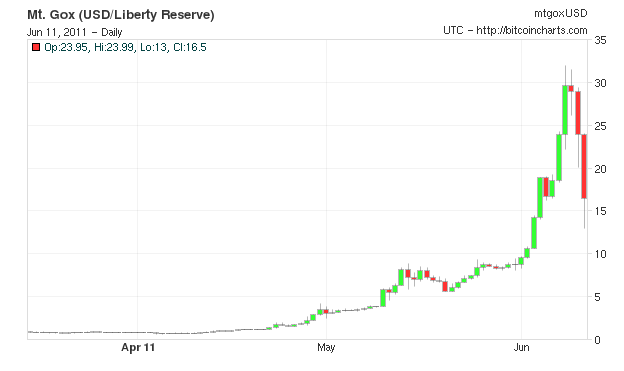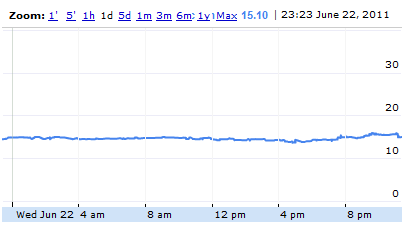It may be time to report Mt. Gox to the Japan Financial Services Agency, which regulates money transfer firms in Japan.
Japan's Financial Services Agency regulates money transfer firms which operate in Japan. For example,
SBI Remit is a registered money transfer firm. They transfer to and from various currencies and can move money around the world. They even support mobile phones. Mt. Gox comes squarely under the same regulations they do.
Here's are
some excerpts from the regulations:
"Only banks licensed under the Banking Act of Japan (Act No. 59 of 1981, as amended) and certain other financial institutions handling deposits licensed under other applicable laws (collectively, the Banks) are permitted to engage in ‘money remittance transactions’....
"However due to the innovation of information-communication technology, persons/entities other than Banks can easily conduct services that are similar to the traditional fund transfer business conducted by Banks. This, therefore, means that the line between permitted and prohibited services is blurred and it has been argued that, by considering customer protection, it is necessary to sort this issue out and set new regulations on fund transfer services by permitting certain entities other than the Banks to engage in the business of such services.
"The PSA will allow companies that are not licensed Banks to engage in the business of ‘money remittance transactions’ in Japan provided that: (i) they are registered as ‘fund transfer business operators’ (operators); and (ii) they are able to engage in services to the extent that such transactions fall under the category of a ‘certain small amount of transactions’. Details of the ‘certain small amount’ mentioned in (ii) above will be provided for in the cabinet order. However, in light of discussions at the National Diet of Japan, such amount is expected to be between JPY500,000 and JPY1,000,000 or less."
"An entity which intends to be an operator
will be subject to a registration requirement and certain regulations including the security of its assets and other customer protection measures, supervision and measures against money laundering."
"In order to be registered as an operator under the PSA, an applicant must satisfy certain requirements, such as the applicant must be a stock company (kabushiki kaisha) or a foreign entity which has the equivalent registration in its home country and has an office(s) and representative in Japan; the applicant must have sufficient financial standing to conduct business appropriately and properly; the applicant must have a satisfactory organisational structure to conduct business appropriately and properly; and the applicant must have a compliance system to ensure observance with the relevant laws and regulations. "
"The PSA will impose an obligation on an operator to secure the assets in amounts equal to or more than the total amount of: (i) funds which an operator is transmitting; and (ii) procedural costs in relation to reimbursement of such funds as set out in (i), so that the transferred funds can reach the recipient even in the event of an operator’s insolvency."
"In the event of an operator’s insolvency, users have rights to recover their assets from the above secured assets in priority to an operator's general creditors, pursuant to the procedures provided in the PSA."
There's more, but you get the general idea.
The
Japan Financial Services Agency enforces these regulations.
Financial Services Agency
The Central Common Government Offices No. 7,
3-2-1 Kasumigaseki, Chiyoda-ku, Tokyo, 100-8967 Japan



